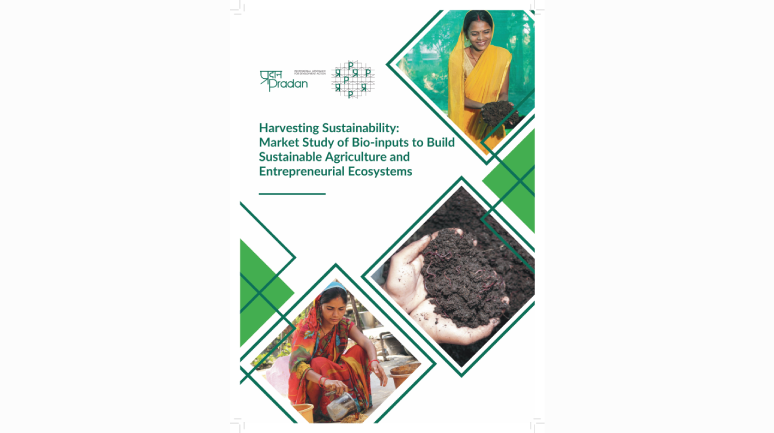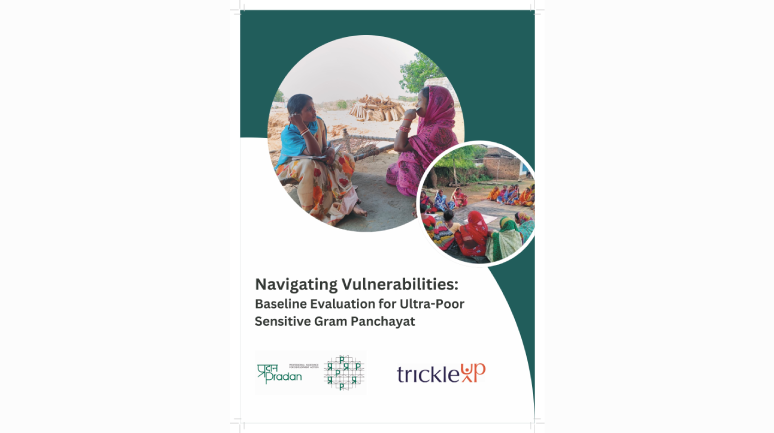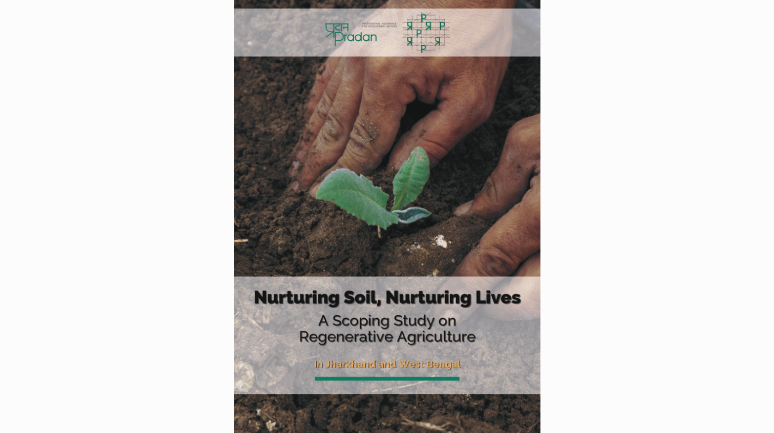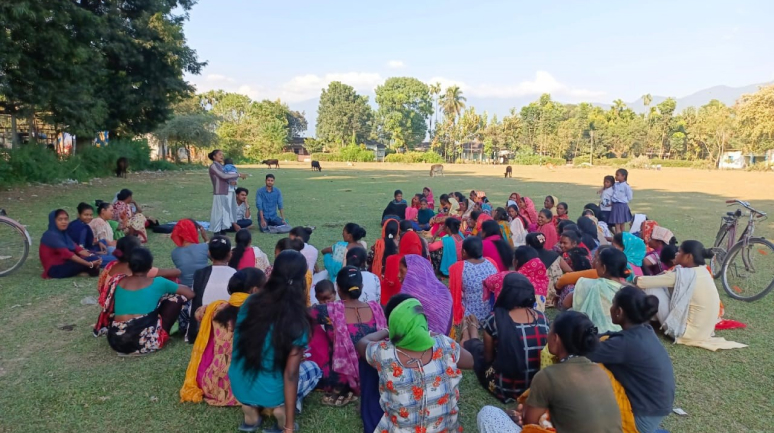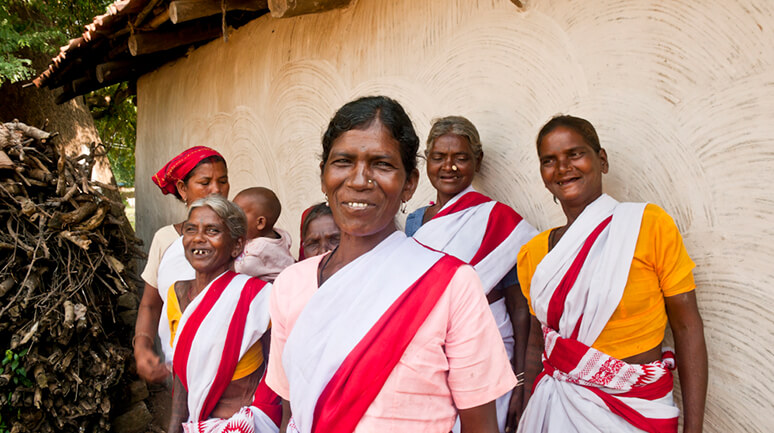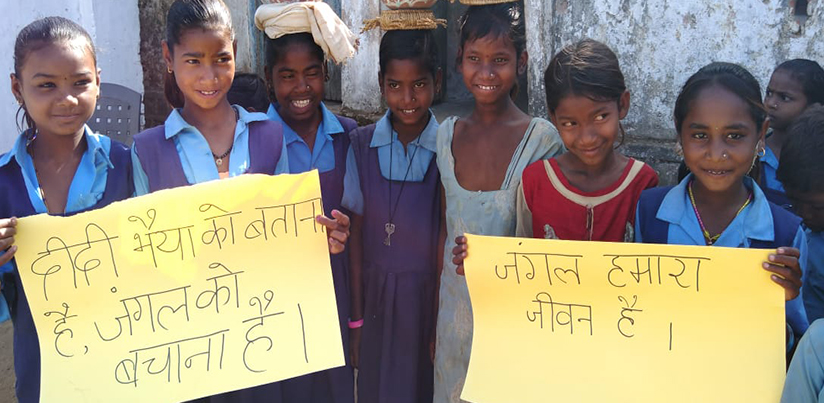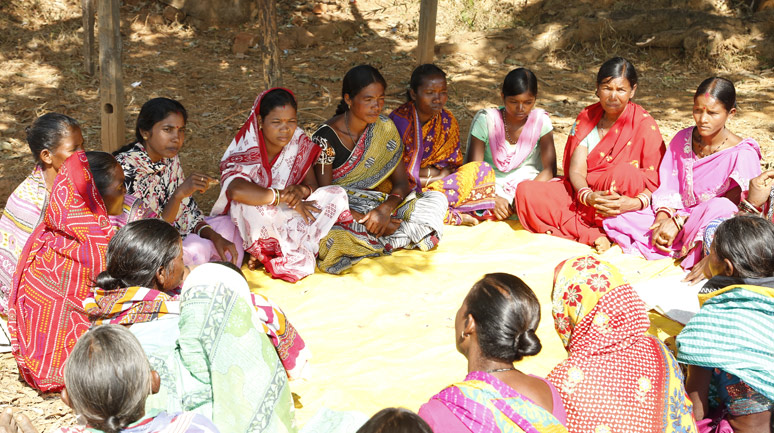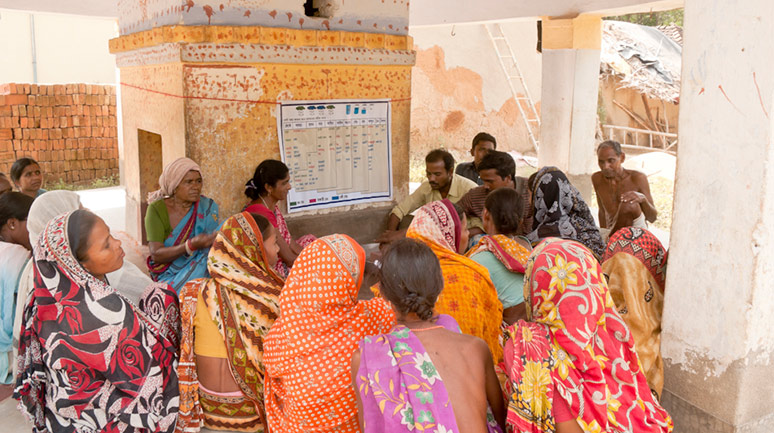Dibyendu Chaudhuri

Dibyendu Chaudhuri has been working in PRADAN for the last 25 years. Currently, he is working in the Research and Knowledge Management unit. He has contributed to designing the network of Community-based Data Collectors (CDC) and the implementation of streamlined data collection processes. He extends his expertise on MEL to various organizations and KABIL is one of them.
A shorter version of this article has been published in IDR


